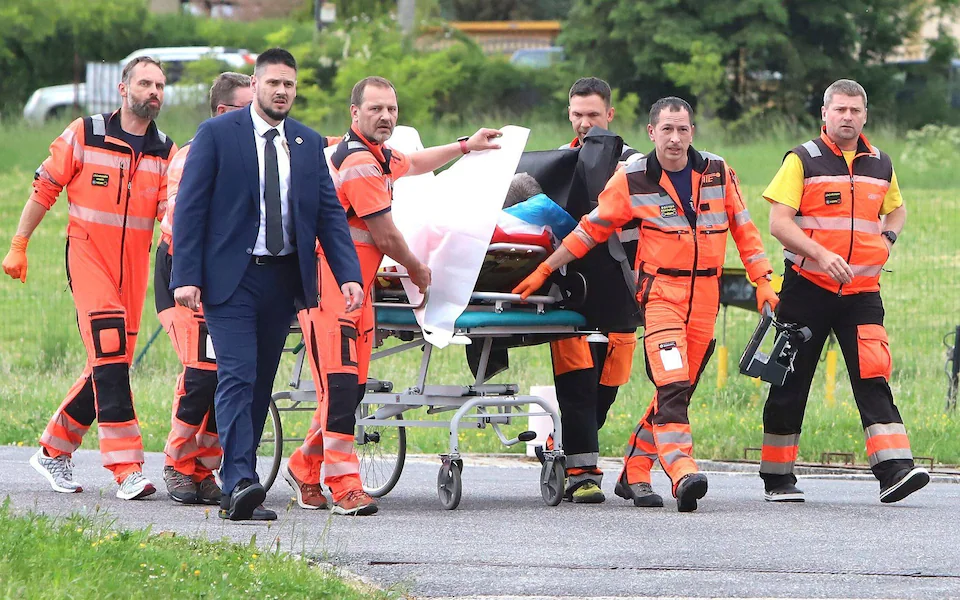
Slovakian Prime Minister Robert Fico was recently attacked, leaving him in critical condition. The attack occurred during a period of significant political controversy and heightened tensions surrounding Fico's policies and statements, particularly regarding the war in Ukraine and Slovakia's stance within the European Union.

Fico, a polarizing figure in both Slovakian and European politics, is known for his pro-Russian sentiments and his criticism of Western policies towards Ukraine. His recent support for Hungarian Prime Minister Viktor Orbán in opposing a major EU aid package for Ukraine drew widespread criticism. Fico argued that alternative funding sources should be found to avoid placing undue strain on the EU budget, a stance that has been particularly contentious given the ongoing conflict in Ukraine.
The attack on Fico, which authorities are investigating as politically motivated, has intensified the already volatile political climate in Slovakia. As the prime minister lies in critical condition, world leaders have reacted strongly to the incident. Ukrainian officials, already incensed by Fico’s recent remarks minimizing the impact of the war in Kyiv, have expressed concern over the political instability in Slovakia. Ukrainian President Volodymyr Zelenskyy underscored the importance of international solidarity and support for Ukraine, while condemning the violence that has struck a neighboring country's leader.
German Chancellor Olaf Scholz and French President Emmanuel Macron also condemned the attack and called for a thorough investigation. Scholz emphasized the need for political stability in Slovakia, a key EU member, during these turbulent times. Macron echoed these sentiments, highlighting the importance of upholding democratic principles and the rule of law amidst rising geopolitical tensions.
The Slovak government has responded by ramping up security measures for other high-profile political figures to prevent further incidents. This move reflects the serious concern within the government about potential escalations and the broader implications of such an attack on national security and political stability.
Fico's controversial comments have not only strained relations with Ukraine but also with other EU countries. His recent statements suggesting that there is no war in Kyiv and describing life in the Ukrainian capital as "absolutely normal" were particularly provocative, coming on the same day that Russia launched a significant missile attack on Ukraine. These remarks have drawn sharp rebukes from Ukrainian officials and have fueled further criticism of Fico's pro-Russian stance.
The attack on Fico serves as a stark reminder of the deep political divisions within Slovakia and the broader geopolitical tensions in the region. It underscores the dangerous consequences of political polarization and the rising tide of violence against public figures. As Fico battles for his life, the incident has galvanized both domestic and international calls for greater political unity and stability.
In summary, the attack on Slovakian Prime Minister Robert Fico has not only left him in a life-threatening condition but has also exacerbated political tensions within Slovakia and highlighted the fraught geopolitical landscape in Europe. The reactions from world leaders underscore the international ramifications of such an incident and the critical importance of addressing the underlying political divisions that contribute to such acts of violence.











